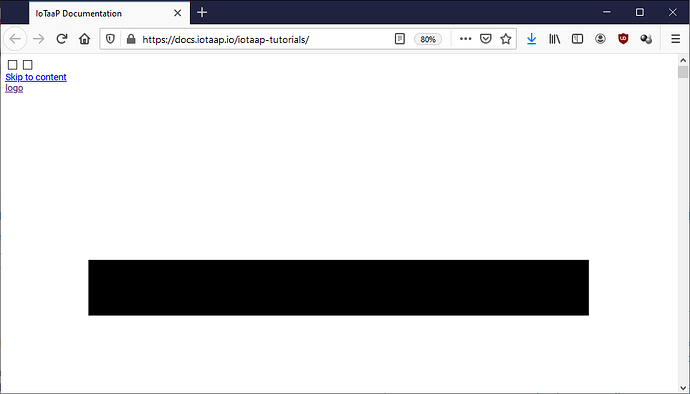Hi Everybody,
We at IoTaaP have been working really hard to develop our IoTaaP Cloud and additional hardware and software. Finally, we present you the IoTaaP OS, a fully open-source unique system built for ESP32 SoC that provides everything you need to successfully develop, deploy and manage your IoT devices.
You can check the documentation here: [url]https://docs.iotaap.io/docs-iotaap-os/[/url] and please feel free to contribute. If you have any questions, please feel free to reach me!
The full solution was tested and developed on ESP32 SoC, using the IoTaaP Magnolia board, and the whole project was developed and deployed using PlatformIO. The great idea and vision behind PlatformIO directly merged with our vision to provide one simple solution for development of the Edge to Cloud systems.
PlatformIO registry as one central system through which IoTaaP OS can be distributed really improves developers experience during setup and development of their Edge IoT solution.
Looking forward to your questions and comments!
Hey, interesting library!
Some feedback:
(there are two errors in the firefox console regarding Stylesheet https://docs.iotaap.io/iotaap-tutorials/assets/stylesheets/main.cb6bc1d0.min.css wasn't loaded because its MIME-Type is "text/html", not "text/css")
Hi @maxgerhardt,
Thanks for your feedback!
- The formatting was probably lost during deployment, but now it’s fixed
- Great suggestion, we will add the information about using this library directly with PlatformIO, although this is the standard procedure described here.
- Yes, that could be added to the documentation
- Link is now fixed, thanks for that!!
1 Like
I think that it can be optimized if the whole OS library is built directly on top of ESP-IDF, not Arduino framework… And it can still be distributed over PlatformIO
That is something that we have been thinking of, but from my point of view then we will lose the support for additional Arduino libraries if needed (e.g. for external ADC or similar). People are familiar with the Arduino framework.
1 Like
This is the way how Arduino is implemented currently. We have a plan to create a fully optimized solution based on top of FreeRTOS and ESP-IDF, but support Arduino implementation, and optimize some features
Any other suggestions?
